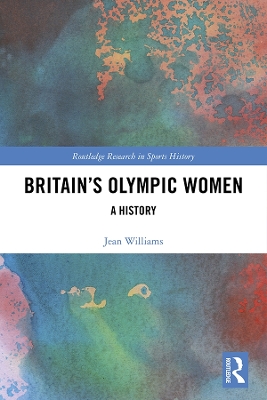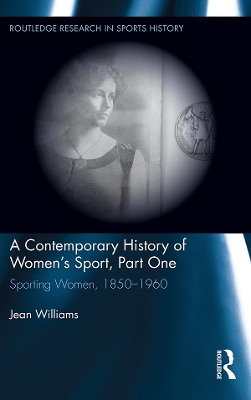Routledge Research in Sports History
2 total works
Britain has a long and distinguished history as an Olympic nation. However, most Olympic histories have focused on men’s sport. This is the first book to tell the story of Britain’s Olympic women, how they changed Olympic spectacle and how, in turn, they have reinterpreted the Games.
Exploring the key themes of gender and nationalism, and presenting a wealth of new empirical, archival evidence, the book explores the sporting culture produced by British women who aspired to become Olympians, from the early years of the modern Olympic movement. It shines new light on the frameworks imposed on female athletes, individually and as a group, by the International Olympic Committee (IOC), the British Olympic Association (BOA) and the various affiliated sporting international federations. Using oral history and family history sources, the book tells of the social processes through which British Olympic women have become both heroes and anti-heroes in the public consciousness. Exploring the hidden narratives around women such as Charlotte Cooper, Lottie Dod, Audrey Brown and Pat Smythe, and bringing the story into the modern era of London 2012, Dina Asher-Smith and Katarina Johnson-Thompson, the book helps us to better understand the complicated relationship between sport, gender, media and wider society.
This is fascinating reading for anybody with an interest in sport history, Olympic history, women’s history, British history or gender studies.
This book is an historical survey of women's sport from 1850-1960. It looks at some of the more recent methodological approaches to writing sports history and raises questions about how the history of women's sport has so far been shaped by academic writers. Questions explored in this text include: What are the fresh perspectives and newly available sources for the historian of women's sport? How do these take forward established debates on women's place in sporting culture and what novel approaches do they suggest? How can our appreciation of fashion, travel, food and medical history be advanced by looking at women's involvement in sport? How can we use some of the current ideas and methodologies in the recent literature on the history and sociology of sport in order to look afresh at women's participation? Jean Williams's original research on these topics and more will be a useful resource for scholars in the fields of sports, women's studies, history and sociology.

